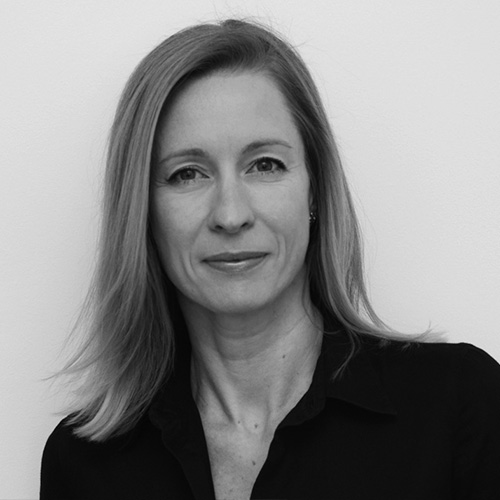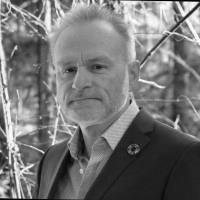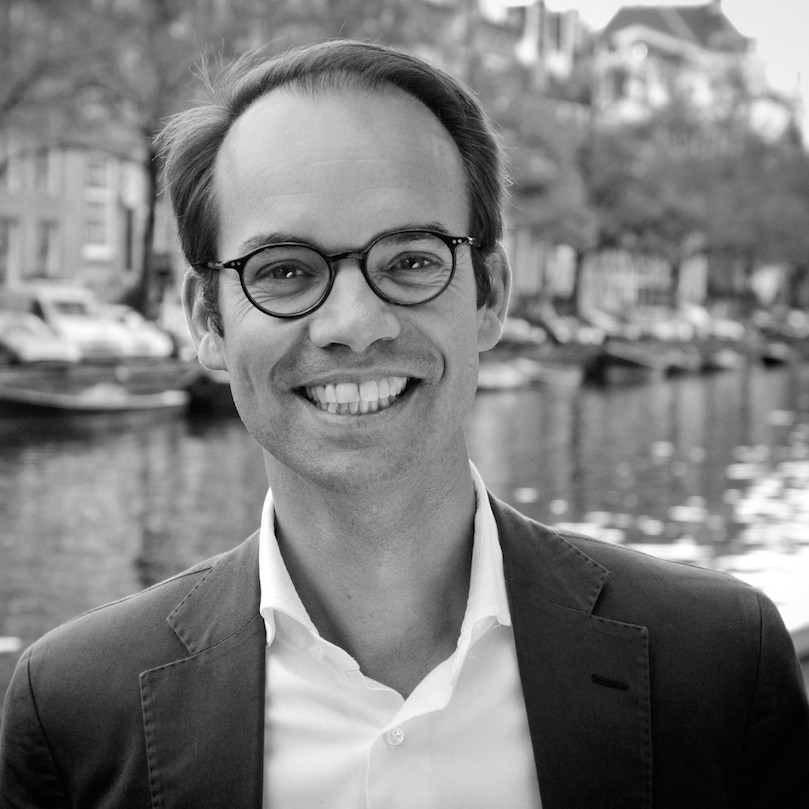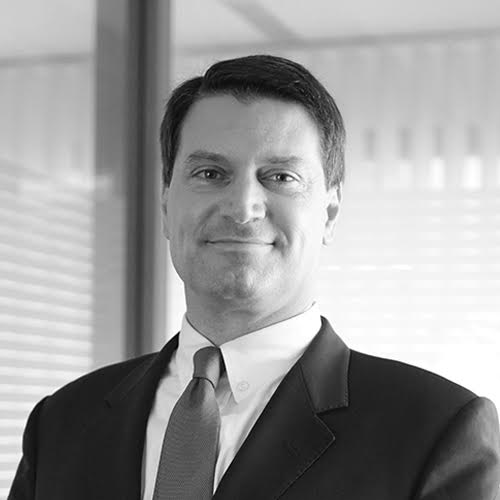Energy supply and efficiency is an important challenge for the future, aimed at a carbon-neutral economy.
Knowledge in the field of planning and implementation of sustainable innovations and business strategies is key to successful adaptation of companies to the requirements of environmental policies.
Who is the programme intended for?
The programme is intended for top and middle management as well as experts and project managers in companies that primarily operate in or are associated with energy activities. The content of the programme shall be based on the use of practical examples and shall be aimed at developing innovative solutions for the supply and efficient use of renewable energy, in accordance with the principles of sustainable business operations in companies and adopted climate goals focused at the provision of energy.
The programme is also suitable for the mentioned personnel in energy intensive manufacturing companies, as well as for financial experts and senior management in banking and insurance sectors. The programme is especially oriented to the needs of leaders and experts involved in the development and management of concrete innovation projects, solutions, products, services and processes. It is recommended that more than one person from the same organisation already participating in the innovation field attend the programme. If more than one person from the same organisation attends the programme, the colleagues will be able to transfer the acquired knowledge into use more easily.
The programme is designed in such a way that focusing on practical tasks and specific business projects enables concrete application of the acquired knowledge on one’s own business case or project.
Programme objectives
The basic objective of the programme is to train participants for appropriate design and implementation of breakthrough innovation projects and processes that will contribute to greater sustainability and circular innovation in organisations themselves and along the value chains in which the organisation operates.
In order to make the most of the programme, it is best to include experts and managers who are already planning or implementing a specific breakthrough project in order to make it even better as part of the execution of the programme. This will be achieved with the support of international experts in the field of circular economy and sustainable business, who will provide you with professional support in the development and implementation of the project.
Training certificate
Upon the conclusion of the programme, you receive a Circular Transformation Expert in Energy Sector certificate of completion of the international training programme.
Scope and execution
The programme includes 26 full hours of lectures and workshops, divided into 6 modules, as well as two individual meetings with a mentor to advise you on the design of your own project. By agreement, we can provide additional professional support for the preparation and implementation of the project task, which is one of the requirements for a successfully completed training programme.
Training language: English, with international lecturers and participants
Programme execution: October 2021 – March 2022. Live, on-line and hybrid (depending on the situation)
The group shall be limited to a maximum of 20 participants. We reserve the right to change the date or cancel the training in case of
illness of lecturers or insufficient number of applicants.
Lecturers
You will hear lectures and advice from renowned international experts in the field of circular economy, sustainable business, circular business
models and entrepreneurial innovation. The programme providers are members of the Circular Business Academy lecturers council.







